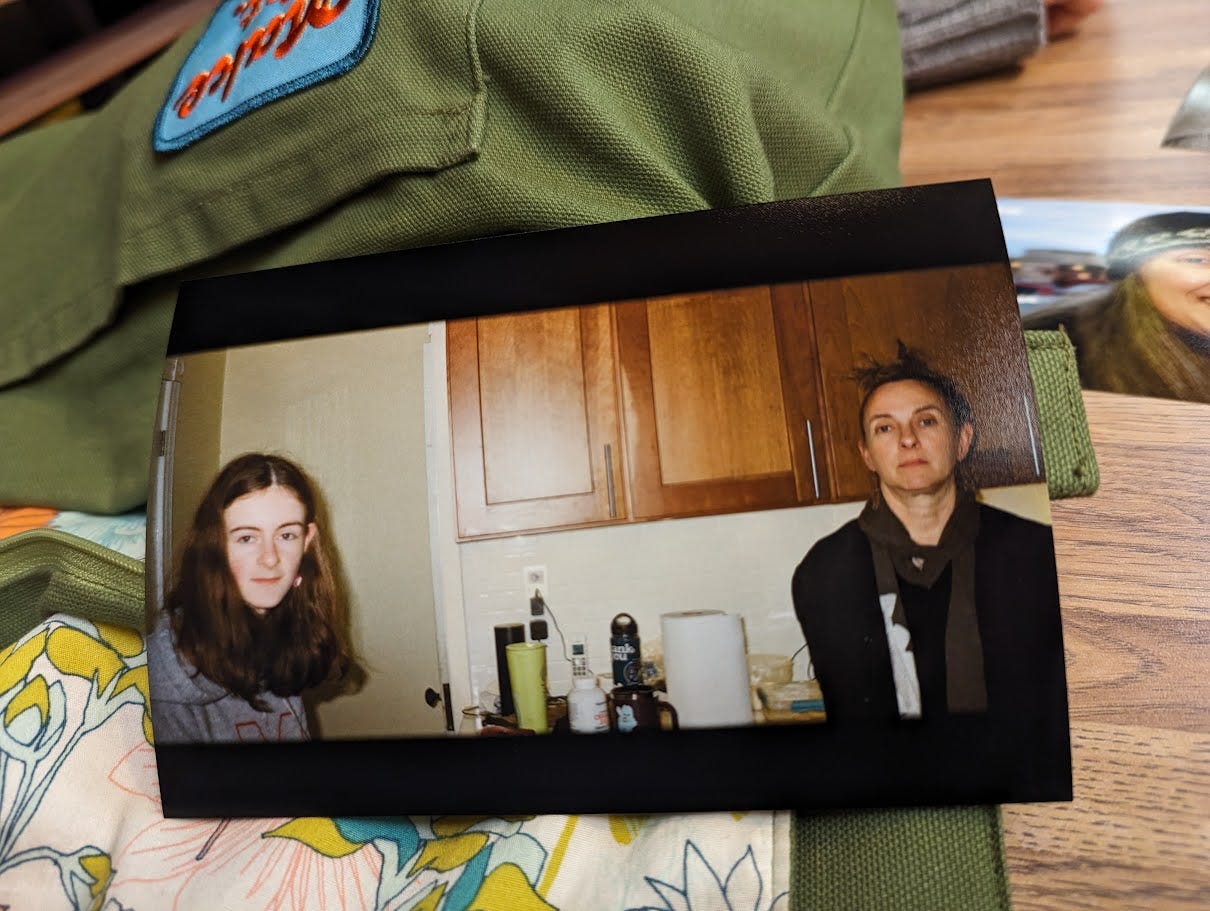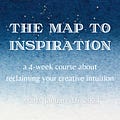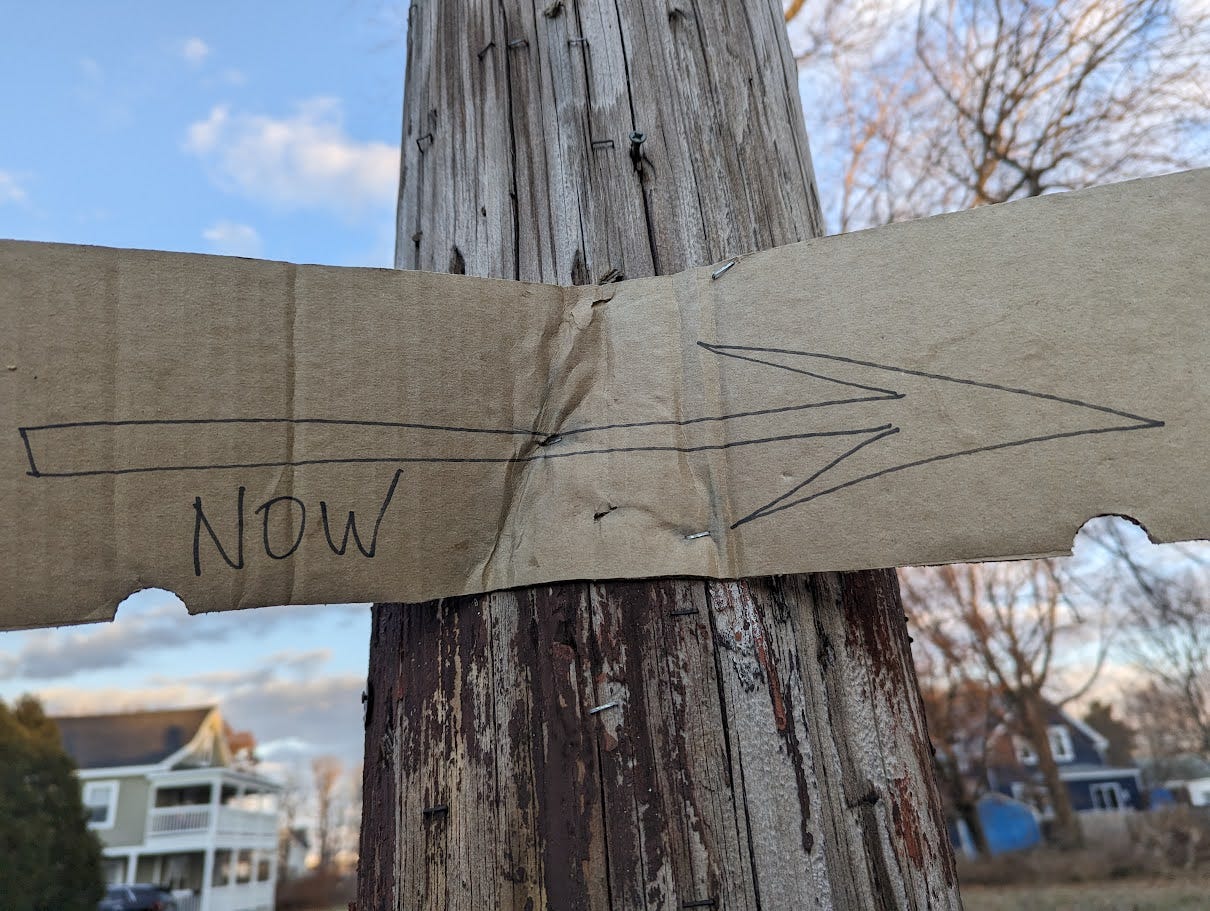The Map to Inspiration starts in one week. If you’re interested in getting back to a place of regularly hearing what your intuitive inner voice has to say about your writing, I hope you’ll join us. It’s all about figuring out how to clear away your distractions and get the work done you want to. More information is on the course page. Scholarships and payment plans are available, and if you’re a paying subscriber to Do the Work, you should have a discount code (let me know if you need it again).
It’s bound to happen if you read a lot – you’re reading a book, and at some point you realize that you don’t like it. You might even hate it. I’m not saying the book is bad (although maybe it is), but it’s not your cup of tea. What to do? Stomp around? Complain to your cat? Maybe.
But also you can Add to Your List.1
When I read something I don’t like, after my disappointment, I get excited, because it’s the perfect opportunity to figure out what I do like. One of the most important parts of being a writer is figuring out what we like, and why, and sometimes a clear path to that is by going through the back door of what we don’t like. And then, if our job is to write the books of our heart, we can take those aspects we don’t like and flip them over into stories that work for us.
Unlike the Short Story Project, where we were writing in response to stories we loved or were inspired by, the “what you don’t like” method might feel superior or snarky. Ultimately it’s just a tool for you to hone your story skills. You don’t have to tell everyone about what books you don’t like. It can be your secret.
I think it’s great to actually write a story in response (I’m always in favor of more writing), but it’s just as worthwhile to keep a list of what you do and don’t like in books you read or movies you watch. If you don’t already keep a list of what you love in stories, I recommend starting one. Figure out exactly what kinds of stories, plots, and characters you love. Make a chart. Get specific.

A few years ago, I was reading a novel with an intriguing premise. But by page 20, I was ready to toss it out a window. It had used so many clichés and tropes in the first two chapters that it felt like a parody of how not to write. The first chapter started with the main character waking up and then gazing at herself in a mirror while describing herself in detail. The dialog was clunky and full of exposition (“I know I’m your dad and I see you every day, but tell me again what your job entails.”). She let out a breath she hadn’t known she was holding. She described her walk to work in enough detail that I could have recreated it if I was dropped in the book (“I take a left on Elm, a right on Oak, then take a shortcut through the alley between a 2-story red brick building and another building with a coffee shop that has a striped awning.”).
I realized the only way the book could redeem itself for me is if it turned out that the main character was annoyed to be trapped in the book. Alas, that didn’t happen, and I abandoned it, unfinished. But I made a note of my feelings (too many tropes feel hacky to me, but they could be the setup for a meta twist).
If I write because I’m inspired by something I love, there’s a chance I’ll end up copying it in style, tone, or voice. But if I write after considering something I don’t love, I’ll make the story my own.
Now, do I advocate seeking out things you know you’ll hate? I do not. I personally find it to be more joyful and generative to be inspired from a place of awe. Plus why not consume what you love? Isn’t that, like, the point? But, unfortunately, sometimes I find myself four chapters in to something that sounded like I’d love it and realize I do not love it at all. And when I’m in that situation, I figure I might as well use what I’ve read so far as a learning experience.
Here are some discoveries I’ve made about what I like, after reading some books I wasn’t into: I prefer stories where the characters are slightly ridiculous and exaggerated and the situations are ordinary (like, say, Derry Girls), rather than where the characters are regular and the situations are unbelievably outlandish (like many thrillers). I don’t like anything creepy – that tense chilling undercurrent is too unsettling for me. I’m not a fan of detailed deep dives – they take me out of the story and always feel like the author is trying to use all their research (I get it, Herman Melville, you know a lot about whaling). I do, however, love it when the characters have esoteric hobbies and we learn a little bit about that through the story (like Jane making umbrellas in Jane Unlimited). I get bored by stories where the characters are nice and lovely and they are doing nice and lovely regular things (make it weird!).
Your favorites might be my “no thanks” books. That’s how art works. We have different tastes, which is interesting and cool. And I never mention books I didn’t like publicly. I don’t leave bad reviews. Any book that was published was a ton of work, and was definitely liked by someone. It’s not up to me to criticize anyone involved. (Also, I know how hard it is to make a living as a writer. There’s no way I’d ever publicly pan a book. Please! Buy all the books!).
Once you have your list or chart of what you like, you can look at it like it’s a math equation. If I like fish out of water stories where the characters are real but ridiculous and exaggerated, and the heart of the story is a character who figures herself out, what does that give me? (Party Girl, I guess?) I get my best inspiration when I’m thinking specifically about what I want a story to do, and how I want it to be.
If one of your 2024 goals is to write more, then don’t look at reading books you didn’t like as a waste of your reading time, look at it as an opportunity to add to your list of Elements that Make a You Story.2
And that book that I abandoned because it was so full of clichés? I had a great time drafting the story that I wished it had been.
Thoughts and Links
I was a contributor to Storystorm (an annual challenge to come up with 30 story ideas in January), and wrote about giving stories the time they need, including a little bit about the publishing timeline for Help Wanted: One Rooster, which I’ll talk about more as it gets closer to publishing in June.
- is doing an extremely excellent book study of Atomic Habits this month as a way to change writing habits for the better.
The amazing Lindsay Eagar’s next book, Made Glorious, a Richard III retelling that will be a work of wild genius for sure, is available for preorder. Which you should do.
Last week I impulse-bought the Roses, Dust & Ashes oracle deck by Stacey Williams-Ng, which is all about cemetery symbols, has an incredibly informative guidebook, and IS IN A BOX THAT’S SHAPED LIKE A COFFIN. It is gorgeous.
Book designers choose their favorite book covers of 2023 — very cool.
Have you watched the movie Dave Made a Maze? It’s like if Kermit and Gonzo grew up and made a movie. Super fun.
I made this roasted vegetable baked ziti thing and it’s exactly the cozy cheesy deliciousness I want at this time of year. It’s kind of time consuming, but I stood at the cutting board and read a book while I was waiting for it to bake.
Want a picture book critique from me? Book one through the Manuscript Academy.
Books I read recently and loved
Disclosure: book links in this newsletter are affiliate links to Bookshop.org, a site which supports independent bookshops.
I read an advance copy of Interesting Facts About Space months ago, and have been waiting until now to tell you to read this hilarious novel. I adore it.
Shakti by SJ Sindu and Nabi H. Ali is a graphic novel that’s like Mean Girls meets The Craft meets…I don’t know, something sweet and wholesome and adorable.
No surprise I loved Tomfoolery!: Randolph Caldecott and the Rambunctious Coming-Of-Age of Children's Books by Michelle Markel and Barbara McClintock.
Ramona (who’s in the photo above, and is the youngest of my four kids) declared Squished by Megan Wagner Lloyd and Michelle Mee Nutter “very relatable.” It’s about a family with seven kids. The most relatable part to me is when they are out in public and someone says to the dad, “Are they all yours? Better you than me!” which has happened to me 1,257 times.
I capitalized it to make it look important.
Again with the capitalization, I don’t know what’s happening.








That's an interesting perspective on what to take away from books we didn't enjoy. I like that!
Terrific post!
Yes yes yes to all of this! My biggest advice for new writers is to dissect EVERYTHING, precisely for this reason. We learn a lot about ourselves and our storytelling by paying attention to what we don’t like.
This post reminded me of one of my favorite keynotes on writing, Jennifer Lynne Barnes “writing for your id”
I keep a running Id list ever since listening to it--all the small tropes or situations or character archetypes (etc etc) that I love. And often I end up adding to that list when I watch or read something I dislike. Because I’ll go “I don’t like x, but I love when x is flipped into y”
Anyway, here’s the link if you’re interested. https://www.rwa.org/Online/Online/Store/StoreLayouts/Item_Detail.aspx?iProductCode=AUDIO18WTYI&Category=RECORDINGS